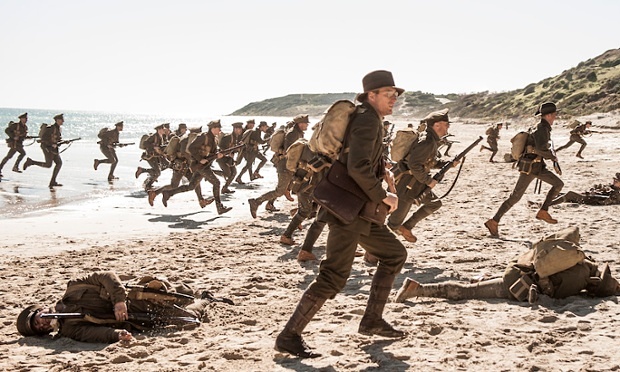Charles Edwin Woodrow Bean, the son of a college headmaster, was born in New South Wales, Australia in 1879. When Charles was ten years old, the family moved to England, Charles finished his education there, gaining an M.A. in law. He was called to the Bar in 1903. Bean returned to Australia in 1904, and by 1907, he was a barrister.
Journalism called, and Charles joined the Sydney Morning Herald as a writer. His writing career blossomed, and with the outbreak of war, Charles Bean became the war correspondent of the Australian Imperial Force. He was given the honorary rank of Captain, and his job was to report on all combat situations where Australian troops were involved.
Bean believed that the Australian public deserved to know facts, rather than the optimistic, drama-ridden reports that the government thought fit for publication.
While in France with Australian troops he saw at first-hand how false accounts of events being given by soldiers under severe stress could lead to misleading press reports; he wanted to establish an accurate combat record for an archive, and he proposed setting up an Australian war memorial and museum that would contain these written records.
After the war, Bean battled with the British Committee of Imperial Defence, who did not want to open their records for him. They feared that his access would lead to criticism of the way the war had been conducted. It took six years of persistence to get the consent, and three more years for clerks to make copies of the enormous number of documents.
The result was ‘The Official History of Australia in the War of 1914–18’, published in twelve volumes between 1921 and 1942. Charles Bean wrote the first six volumes entirely on his own and collaborated with other writers on the remaining six.
On completion of the work, he received the Chesney Gold Medal that is awarded by the United Services Institute for any especially eminent work calculated to advance the military sciences and knowledge. Bean also received several honorary doctorates and declined a knighthood. Described as one of the most admired Australians of his generation, Bean died on 30th August 1968, aged 88.
‘Deadline Gallipoli’, A Major TV series broadcast by Foxtel in 2015, told how Bean and his colleagues battled against officialdom in their attempts to report events as they actually happened.
In Australia it is available on Foxtel as pay-per-view
